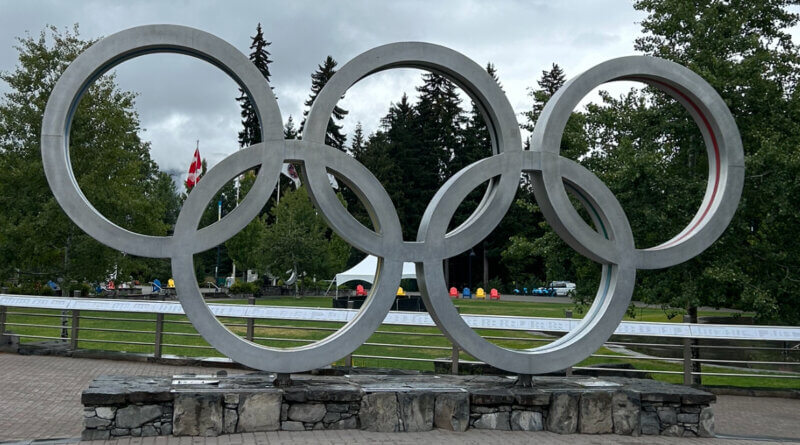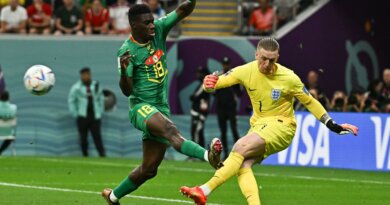Fighting for the Future: How Boxing’s Olympic Inclusion Will Shape the Next Generation of Champions
The supply-line of future boxing stars could be secured with the sports’ inclusion at the 2028 Olympic Games. To explore further, I spoke to Olympic bronze medallist Frazer Clarke and current Team GB rising star Odel Kamara who shared their insight on the significance of boxing’s Olympic status for future generations.
In the aftermath of the Olympics in Paris last year, the amateur boxing world stood still, as it was announced boxing wouldn’t be part the Olympic programme when the Games return in 2028.
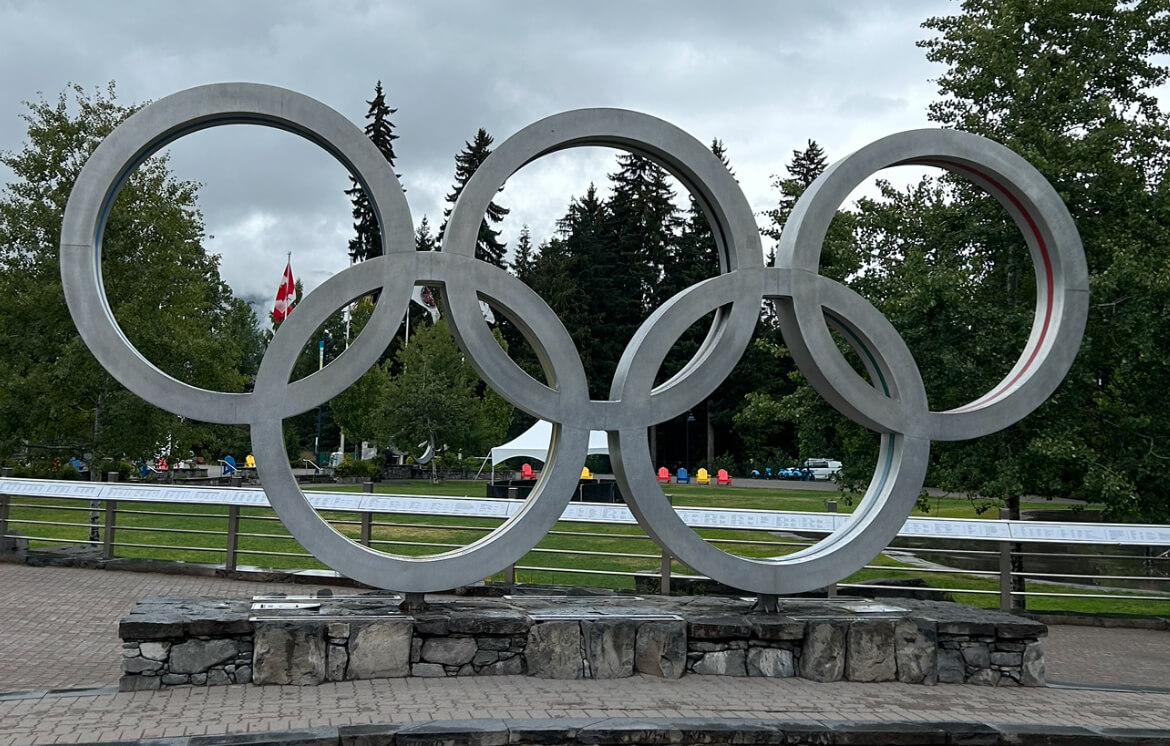
Former Team GB boxing captain Clarke explained to me his initial reaction to boxing’s absence from the Olympics. “I was worried, and my first initial worry was for the boxers of the future. Boxing gives kids in poverty-stricken areas some hope and gives them something to cling onto.
“It might be four, eight or ten years’ time but my journey was a long one and I had it since I was a kid. If you take dreams away from kids, they don’t have much else, and that’s why we’re seeing a lot of craziness in the world with the young generation. Take away their goals, the Olympics being one of them, what else do they have?”
However, after the recent news that the International Olympic Committee’s Executive Board voted to include boxing at the Los Angeles Olympic Games, there was a a collective sigh of relief from everyone involved in the sport.
“I’m absolutely thrilled for them (amateur boxers)” Clarke said. “Get some posters printed out and put them around all boxing clubs locally and nationally. You say ‘Olympic champion 2028: Could this be you?’, you say ‘Olympic champion 2032: Could this be you? You have to give people a vision.”
Clarke was part of a history making crop of Team GB boxers at the Tokyo Olympics, who broke the Team GB boxing record for the most medals won. The heavyweight star brought home a bronze medal, and explained to me what sets the Olympics apart from other amateur boxing tournaments.
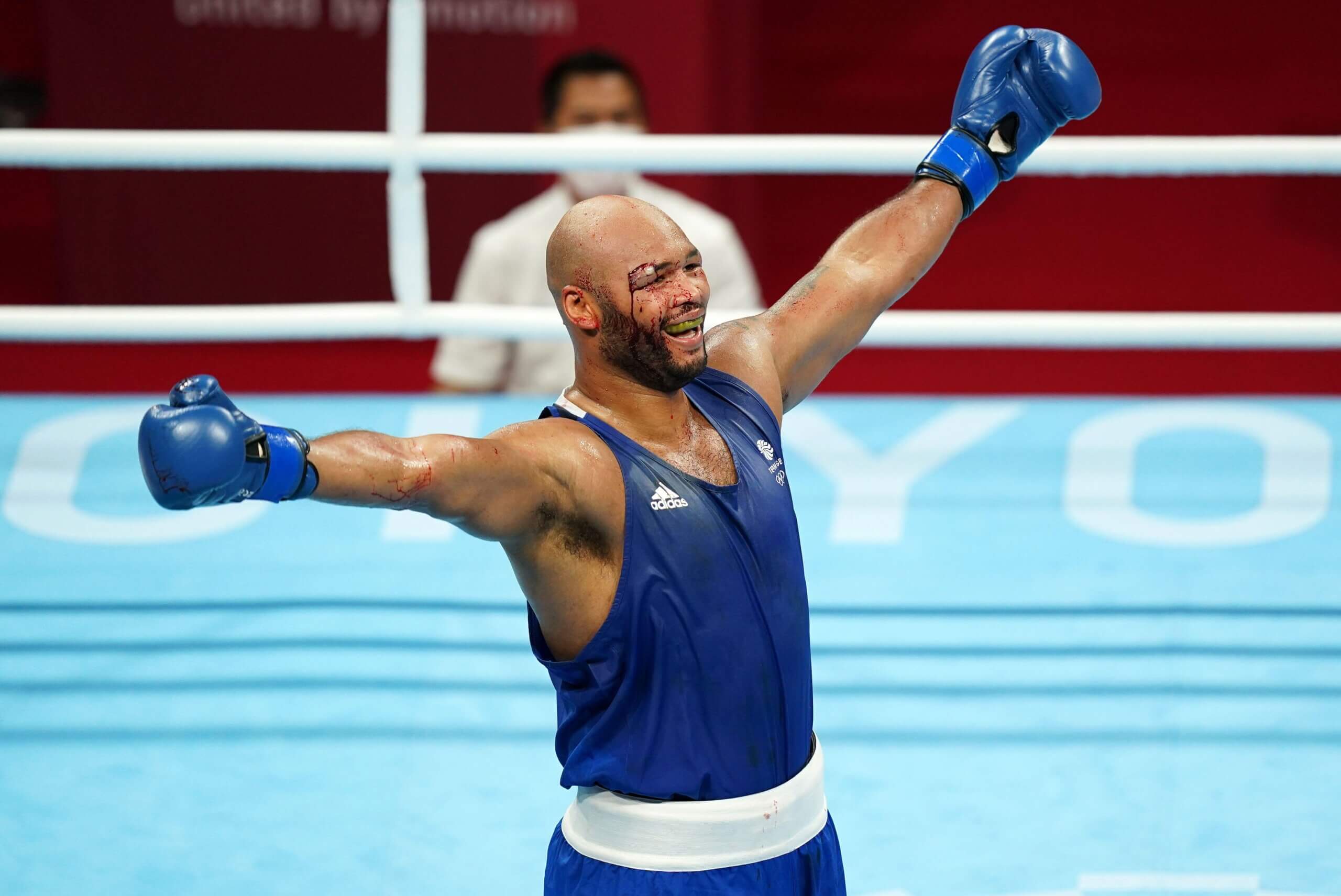
“The European and World Championships are fantastic competitions but with the Olympic Games, everything is bigger, everything is enhanced from the way you’re looked after, to the actual boxing. The best of the best competes there, and you have to qualify just to get there.”
Boxing made its Olympic debut in 1904 at the St. Louis Games, and has been a part of every Olympic programme since apart from the Stockholm Games in 1912 as the sport was banned by Swedish law.
“The Olympics is so historical” he added. “The history is such an important thing about the Olympics. I think being around the other sports as well, everyone looks forward to it. There was such a buzz in the Olympic village, and GB boxing always gives a good account of itself. Boxing’s position at the Olympics should’ve never been questioned.”
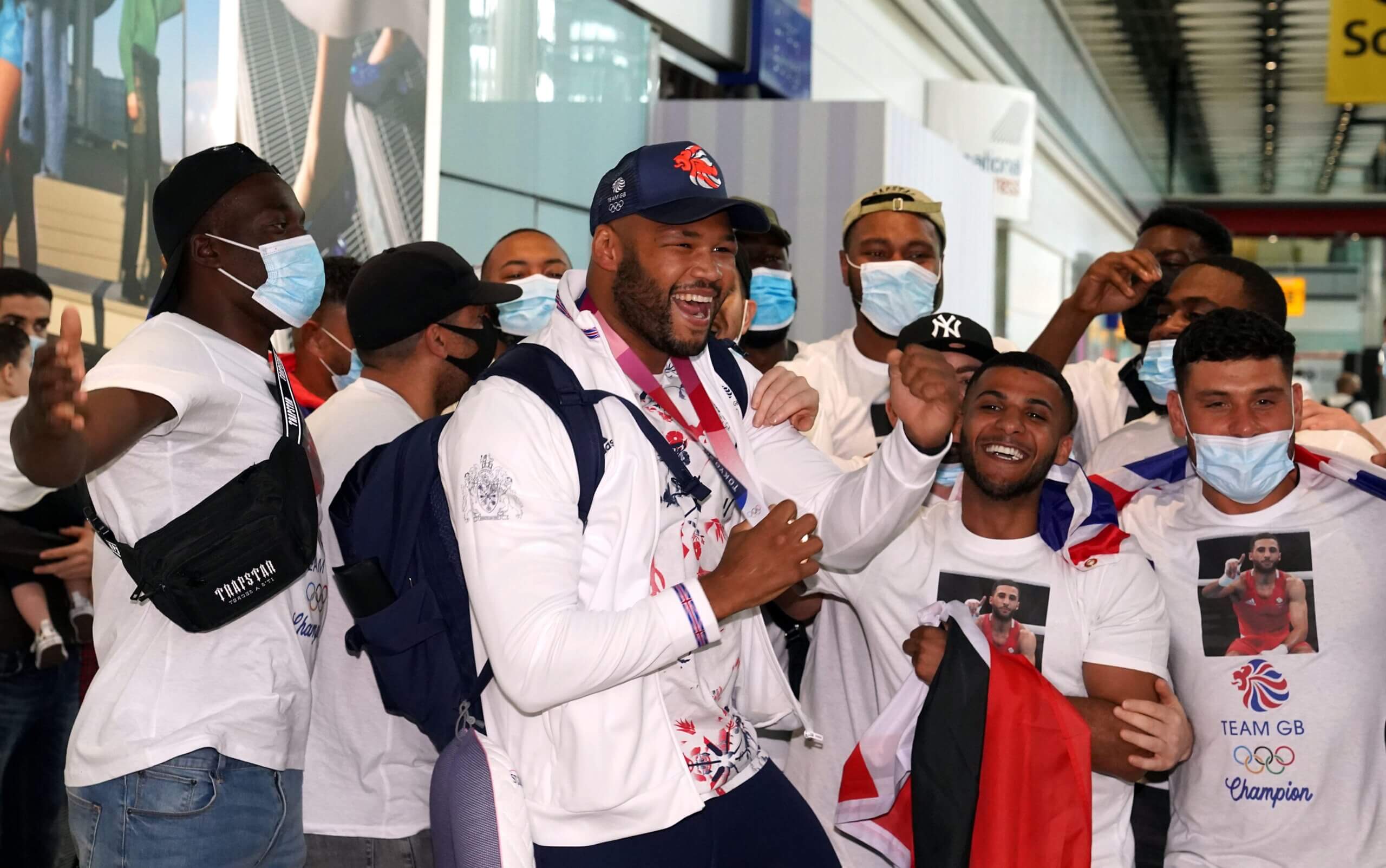
“At the Olympics, you learn just how big the sport is” Clarke said. “I think professional boxing is one thing and there’s a lot of eyes on it, but make no mistake about it, the Olympic Games is right up there at the pinnacle of the sport. There are some great fighters that have paved the way for boxing as professionals and they’ve all come through the Olympics.”
Current Team GB boxer Odel Kamara is one of many young fighters looking ahead to the 2028 Olympic Games in Los Angeles, hoping to follow in the footsteps of their predecessors like Clarke who have returned to Great Britain with a coveted Olympic medal.
“When boxing’s position in the Olympics was under threat, it made me question whether amateur boxing was worth it anymore” Kamara said. “We do these tournaments to prepare us for the Olympics, which if you compete or medal in, it will boost your professional career beyond belief. Some become millionaires overnight, and to have that taken away from us would’ve been heart-breaking.”
Kamara believes that the amateur boxing world would be non-existent if boxing was absent from the Olympic programme. “People would win a couple of national titles and turn pro, subsequently affecting the quality of British pro boxers too, as they would lack the vital experience that is acquired from amateur boxing to make it a world level in the pro game.”
The Liverpudlian was promoted to the Team GB podium squad in December last year, and has his eyes fully set on the LA28 Olympic Games. “I’m more motivated than ever. I’m so determined to win, and most importantly to improve every time I fight. I want to be the best come the 2028 Olympics in Los Angeles.”
However, despite having his own personal motivations of competing at the Olympics, Kamara understands just how important boxing’s inclusion in the most decorated amateur competition in the world is for future generations of fighters.
“I feel everybody should aim for the very top in absoutely everything they do, so I’d say boxing being included in the Olympic programme is very important for young people. It gives them a dream to hold onto too, as they go through the trials and tribulations of achieving that dream, they ultimately become better athletes and better people. It doesn’t get any bigger than the Olympics for amateur boxers, everybody is competing for that number one spot.”
The Olympics boasts a rich history of producing some of the greatest boxers the sport has ever seen. Kamara is just one of many current amateur boxers who have the 2028 Olympic Games in their sights, and as the sports’ Olympic status is confirmed for the future, the next generation of young fighters can once again dream of winning a medal in the word’s most prestigious amateur competition.

